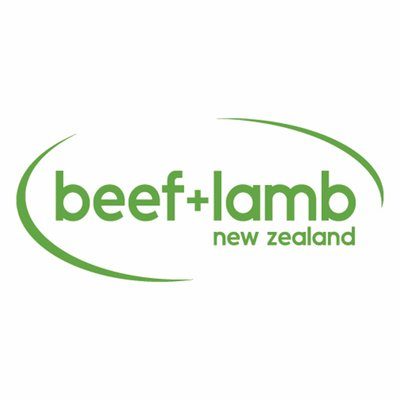WELLINGTON, NZ — New Zealand researchers have bred the world’s first low methane gas emitting sheep.
Research has also found that New Zealand’s sheep and beef farms will be carbon neutral by 2050, according to New Zealand Trade & Enterprise. The US market is the second top destination for red meat raised in New Zealand.
Pasture accounts for 93% of sheep and beef feed in New Zealand. The country is among the world’s most efficient natural red meat producers in the world; the sector is export focused and driven by global supply and demand, where 95% of sheep meat and 86% of beef is exported.
As the leading global exporter of sheep/lamb meat, representing more than a third of the global lamb/sheep trade, New Zealand’s advances in breeding animals that emit less methane gas complements the country’s newly released vision and strategy for the agriculture, food and fibers sectors, according to the group. Beef + Lamb New Zealand Genetics developed what they refer to as a methane research breeding value, a trait which ram breeders can select as part of future breeding programs.
Genetics are believed to be an effective way to meet emission reduction goals. In other advances in the meat industry, research released in October by Auckland University of Technology reports that sheep and beef farmers have realized a 30% reduction in absolute greenhouse gas emissions since 1990.

